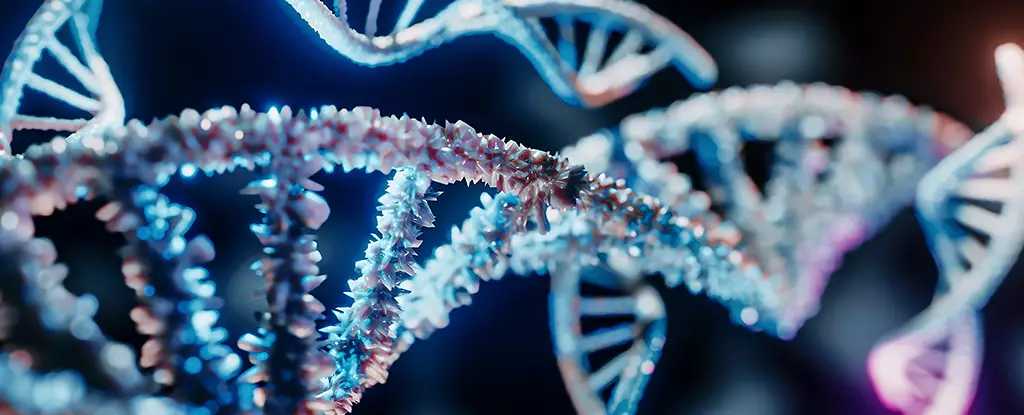Jo Cameron, a 75-year-old Scottish woman, has never experienced significant pain throughout her life. Even childbirth and major surgeries failed to cause any discomfort to her. According to an interview with the BBC in 2019, Cameron only knows her skin is burning if she smells or sees it. She has a rare genetic mutation called congenital analgesia, which is a one-in-a-million condition with multiple genetic causes that may come with other symptoms, such as sweating more or having no sense of smell.
Understanding Pain Pathways
Scientists at University College London (UCL) are now studying Cameron’s genes to understand how pain pathways might be turned off in those with chronic conditions. Pain is a useful barometer for damage to the body, and yet sometimes the signal can get stuck in an overactive state that is no longer beneficial. When it lasts more than a few months, it’s referred to as chronic pain. Cameron’s genes could hold secrets to snapping out of the suffering. “By understanding precisely what is happening at a molecular level, we can start to understand the biology involved and that opens up possibilities for drug discovery that could one day have far-reaching positive impacts for patients,” says UCL pain geneticist James Cox.
Role of FAAH-OUT Gene
Cameron’s condition is caused by a rare variation in the FAAH-OUT gene, which was found and named in 2019 by Cox and his colleagues at UCL. The FAAH-OUT gene is found in a part of the human genome that historically was thought to hold only ‘junk’ DNA that doesn’t do anything useful. As it turns out, FAAH-OUT plays a key role in modulating another gene, called FAAH (fatty acid amide hydrolase). This gene tends to make people less anxious and more forgetful.
Refining Pain Treatment
The interplay between FAAH and FAAH-OUT could help refine the effort to develop drugs that target FAAH and lead to new understandings of pain. The two genes are often co-expressed in the same cells, Cox and colleagues found in their latest study. Further experiments to mimic Cameron’s condition revealed when FAAH-OUT was silenced or edited out of lab-grown human cells, the expression of FAAH was also reduced. This, in turn, had an impact on genes encoding pain and opioid receptors, lipids that play a role in wound healing, and brain proteins that modulate mood, the researchers have found. “As well as the molecular basis for painlessness, these explorations have identified molecular pathways affecting wound healing and mood, all influenced by the FAAH-OUT mutation,” says molecular biologist Andrei Okorokov from UCL.
Implications for Research
Not until she was 65 years old did Cameron realize just how different her experience of life was to most other humans. Now, the hope is that the unique secrets of her cells could provide a happier and less painful existence to many more. “As scientists, it is our duty to explore and I think these findings will have important implications for areas of research such as wound healing, depression, and more,” says Okorokov. Understanding the FAAH-OUT gene could lead to drug discovery that could positively impact patients with chronic pain and other conditions.


Leave a Reply